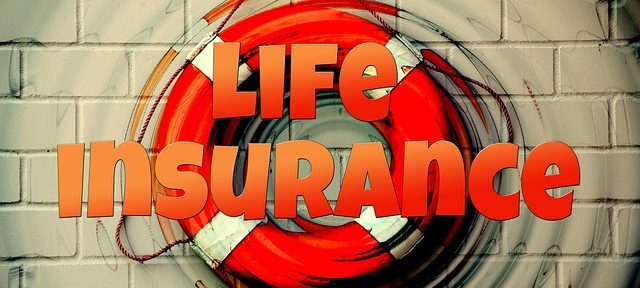
Whole Life Insurance. Variable Life Insurance. You have no doubt heard of these terms before, but may have little idea as to what any of these terms mean, let alone how these options affect your life. It can feel overwhelming. We have written up the different options available below, what they mean, and how you might find each option useful. Here are the following options for life insurance:
- Term life insurance is one of the most popular and straightforward options. It provides coverage for a specific term, typically ranging from 10 to 30 years. If the policyholder passes away during the term, the death benefit is paid to the beneficiaries. This offers a higher coverage amount at an affordable premium, making it ideal for those seeking temporary coverage, such as young families or individuals with outstanding loans.
- Whole life insurance provides coverage for the entire lifetime of the policyholder. It combines a death benefit with a cash value component that accumulates over time. The premiums for whole life insurance are typically higher than term life insurance but remain level throughout the policyholder’s life. This type of insurance offers lifelong protection, cash value growth, and potential dividends, making it suitable for individuals seeking long-term financial security and estate planning.
- Universal life insurance offers flexible coverage and a savings component. It allows policyholders to adjust the death benefit and premium payments to suit their changing needs. The policy accumulates cash value, which can be invested and grow over time. This type of insurance provides the flexibility to increase or decrease coverage, modify premium payments, and access the cash value. It suits individuals with changing financial circumstances and those seeking investment options within their policy.
- Variable life insurance combines a death benefit with investment opportunities. Policyholders can allocate their premiums among a variety of investment options such as stocks, bonds, and mutual funds. The cash value and death benefit fluctuate based on the performance of the underlying investments. This offers the potential for higher cash value growth but also carries investment risks. It is suitable for individuals comfortable with market fluctuations and seeking growth potential within their policy.
- Indexed universal life insurance provides the opportunity to earn returns based on the performance of a selected stock market index, such as the S&P 500. It offers a minimum guaranteed interest rate while also allowing policyholders to participate in market gains. The cash value growth is tied to the performance of the index, providing potential for higher returns. Indexed insurance offers a balance between flexibility and growth potential, appealing to individuals seeking a mix of security and market-linked growth.
- Final Expense Insurance (Word Count: 250) Final expense insurance, also known as burial or funeral insurance, is designed to cover end-of-life expenses. It provides a smaller death benefit, typically ranging from $5,000 to $25,000, to cover funeral costs, medical bills, and outstanding debts. Final expense insurance is relatively easier to qualify for and often does not require a medical exam. It is suitable for individuals who want to ensure their loved ones are not burdened with immediate expenses after their passing.
Choosing the right life insurance policy is a crucial decision that depends on your financial circumstances, goals, and risk tolerance. Term life offers affordable coverage for a specific term, while whole life provides lifelong protection and cash value growth. Universal offers flexibility and investment opportunities, while variable insurance combines a death benefit with market-linked investments. Indexed universal balances growth potential with security, and final expense insurance caters specifically to end-of-life expenses. Consider your needs and consult with a financial advisor to determine the most suitable insurance option that provides the desired financial security for you and your loved ones.






